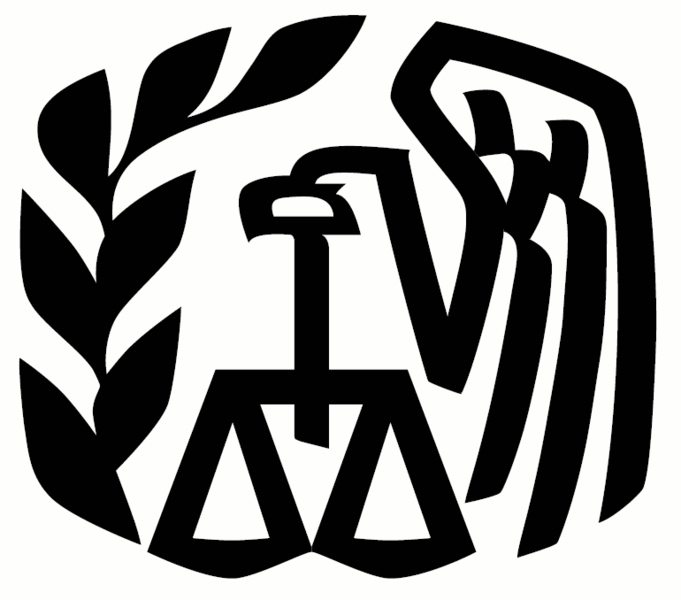
July 17, 2015; Chronicle of Philanthropy
Pablo Eisenberg’s recent opinion piece in the Chronicle of Philanthropy bemoans the inability and lack of resources the IRS currently has to address the issue of “political” nonprofits. He also accuses the IRS of being unwilling, which is a curious interpretation of the IRS scandal. Ironically, it was precisely the IRS’s attempts to “clamp down” on nonprofit political activity that has led to the current state of affairs.
NPQ has published more than 40 articles about various aspects of the scandal that erupted in May 2013. Shortly before the release of a Treasury audit report, IRS Exempt Organizations (EO) Director Lois Lerner admitted that the IRS had targeted applications from nonprofits with “conservative-sounding” names, delaying their processing and subjecting the applicant groups to extensive follow-up inquiries. In addition to NPQ’s coverage, the House Government Reform and Oversight Committee issued a 220-page report last December documenting its investigatory work, including screen shots of emails, testimony excerpts, and almost 1,000 footnotes supplementing the narrative.
It is debatable whether the congressional investigations Eisenberg cites have resulted in identification of criminal wrongdoing (nonprofit watchdogs like Judicial Watch may have done more with relentless FOIA requests), but what is beyond question is that the IRS failed in its efforts to deal fairly, equitably, and responsibly with charities and other nonprofits seeking tax-exempt recognition. That failure is the result of action—and lack of action—by IRS leaders, not a lack of funds.
Eisenberg is surprised that Congressional Democrats and the Obama administration have not defended Lois Lerner. Ms. Lerner appeared before a congressional committee in the summer of 2013, where she made a brief statement of her innocence and then invoked her Fifth Amendment right against self-incrimination. She first took paid administrative leave and subsequently retired after refusing to resign from her post. She has refused to answer investigators’ questions since, and she has been cited in contempt of Congress. It’s hard for anyone to publicly defend a person in such a situation, if only because it’s unknown what further revelations there may be.
Sign up for our free newsletters
Subscribe to NPQ's newsletters to have our top stories delivered directly to your inbox.
By signing up, you agree to our privacy policy and terms of use, and to receive messages from NPQ and our partners.
The multiple concurrent investigations still underway have been hampered by a persistent lack of cooperation from the IRS and the Justice Department. The current IRS Commissioner, John Koskinen, has consistently appeared condescending and abrasive in his testimony to Congress about various aspects of the scandal. Eisenberg criticizes Koskinen for lacking “gumption and political courage.” Prompt, complete disclosure of subpoenaed materials, cooperation with investigators, and a desire by Koskinen to communicate both candidly and proactively would have served the IRS far better.
As Eisenberg notes, the IRS attempted to issue regulations on some nonprofit political activity by one classification of nonprofit—501(c)(4) organizations—in late 2013. That attempt was faced with record amounts of criticism from both the political right and left, generating a record number of public comments, more than the accumulated total for all Treasury regulations proposed in the preceding seven years. The decision to pull the proposed regulations was not timidity; it was the only politically viable option the IRS had, regardless of the state of the IRS scandal.
As ill-informed as Eisenberg appears about the specifics of the IRS scandal, his recommendations on regulation of nonprofit political activity are equally inexact. Apparently referring to 501(c)(4) social welfare nonprofits as “welfare organization(s),” he reinforces the public confusion about nonprofits and charities he bemoans in his column. He seems unaware that the current standards for 501(c)(4) nonprofit political activity were set by the Treasury Department 55 years ago and are not a creation of IRS Commissioner Koskinen’s imagination.
Citing “many experts” (whoever and how many they may be), Eisenberg proposes that “no more than 10 to 15 percent of a [501(c)(4) organization’s] budget should be spent on politics.” One challenge for regulators and judges is how to define “politics” as it applies to 501(c)(4) organizations, much less applying it to other types of charities and nonprofits. Another challenge is how to measure the expenditures. Annually, or by election cycle? Eisenberg proposes that donations to 501(c)(4) groups be made public. In case history that includes the NAACP and the Socialist Party, U.S. courts and the IRS have recognized donors’ need for protection from retaliation should their political sympathies be unpalatable to employers, law enforcement, or others. Finally, lest we forget, to be credible and effective, any new federal regulations will need to be written in accordance with the Constitution and its interpretation by a post–Citizens United, post–McCutcheon U.S. Supreme Court.
Few question the need for the IRS to receive additional funding to do its ever more involved and expanding job of regulating nonprofits and charities. NPQ reported on this issue months before the IRS scandal became public. Stonewalling investigations, showing contempt and disdain for members of Congress, and blaming others, however, is not the IRS’s path to a larger budget. Neither are such actions the way to build the credibility and trust necessary to enact revisions to sensitive, far-reaching regulations that have been in effect for decades.
It’s far too late for the IRS and the administration to adopt the classic nonprofit crisis management playbook steps of prompt disclosure, assertive cooperation, and overcommunication with stakeholders and the public. The challenge today is for the IRS to find a way to get past the scandal and publicly rededicate itself to its traditional mission of impartiality as well as assiduousness in acting as the nation’s tax collector.—Michael Wyland













